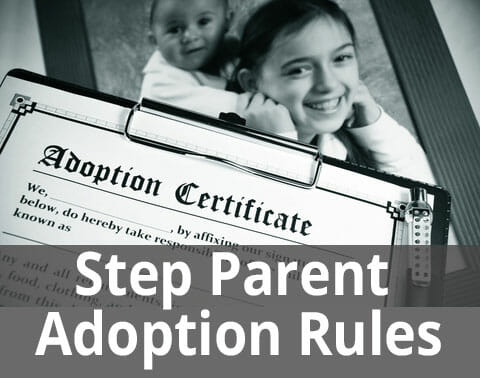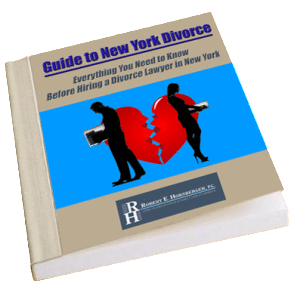

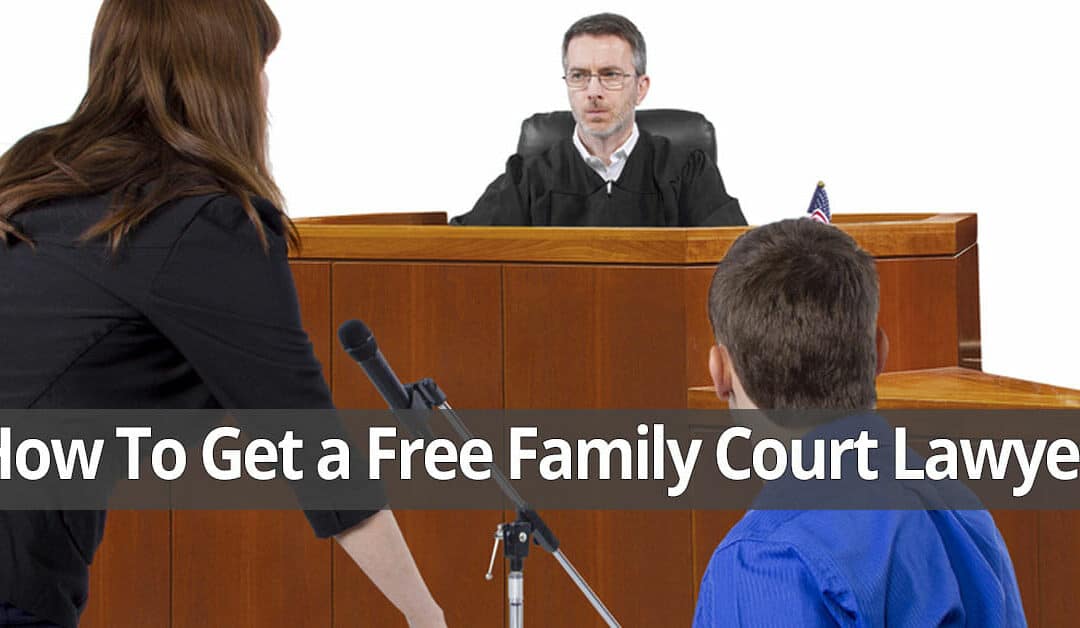
How to Get a Free Family Law Attorney on Long Island
HOME ABOUT US OUR FIRM FIRM YOUR LEGAL TEAM ATTORNEYS YOUR ATTORNEYS ROBERT E HORNBERGER CHRISTINE M VERBITSKY ANNEMARIE LANNI LAWRENCE M. MARINO BRENDA LYNCH (Of Counsel) PRACTICE AREAS AREAS OF EXPERTISE What’s Involved In Divorce DIVORCE DIVORCE COLLABORATIVE...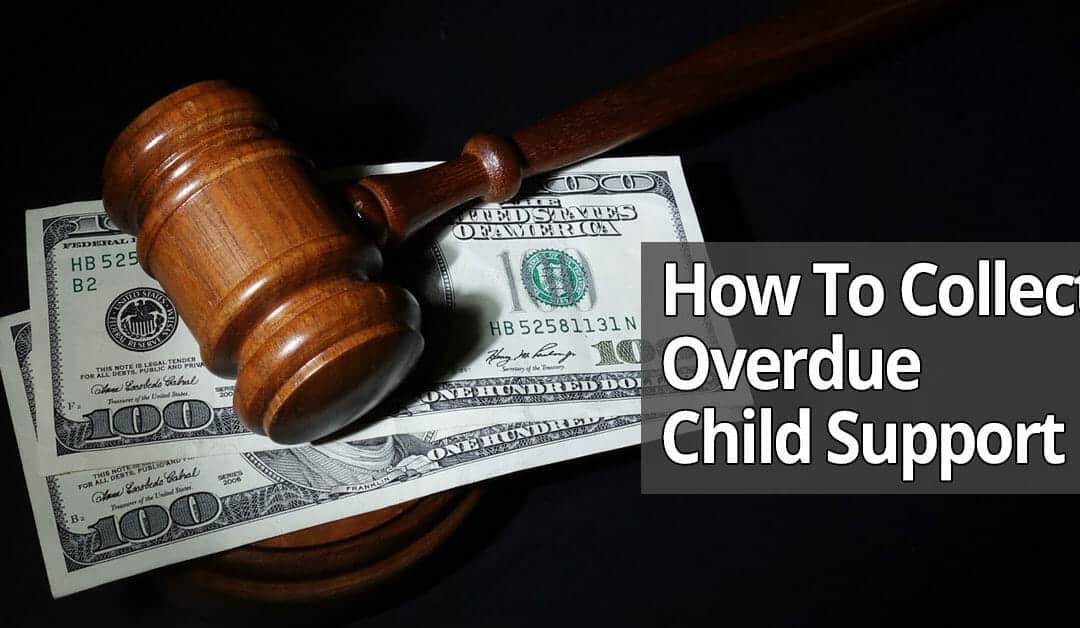
How To Collect Current or Overdue Child Support on Long Island
HOME ABOUT US OUR FIRM FIRM YOUR LEGAL TEAM ATTORNEYS YOUR ATTORNEYS ROBERT E HORNBERGER CHRISTINE M VERBITSKY ANNEMARIE LANNI LAWRENCE M. MARINO BRENDA LYNCH (Of Counsel) PRACTICE AREAS AREAS OF EXPERTISE What’s Involved In Divorce DIVORCE DIVORCE COLLABORATIVE...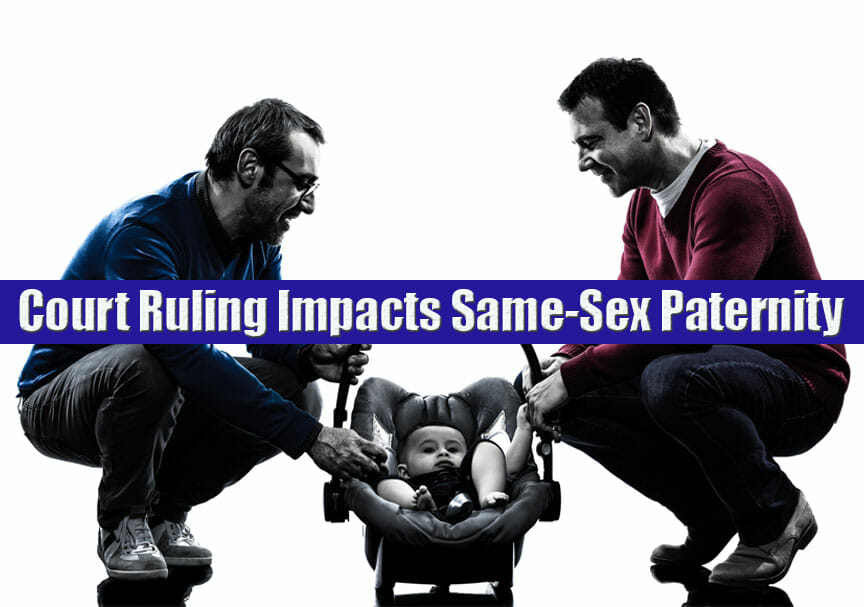
Children of Same-Sex Couple are ‘Children of Marriage’ in NY
HOME ABOUT US OUR FIRM FIRM YOUR LEGAL TEAM ATTORNEYS YOUR ATTORNEYS ROBERT E HORNBERGER CHRISTINE M VERBITSKY ANNEMARIE LANNI LAWRENCE M. MARINO BRENDA LYNCH (Of Counsel) PRACTICE AREAS AREAS OF EXPERTISE What’s Involved In Divorce DIVORCE DIVORCE COLLABORATIVE...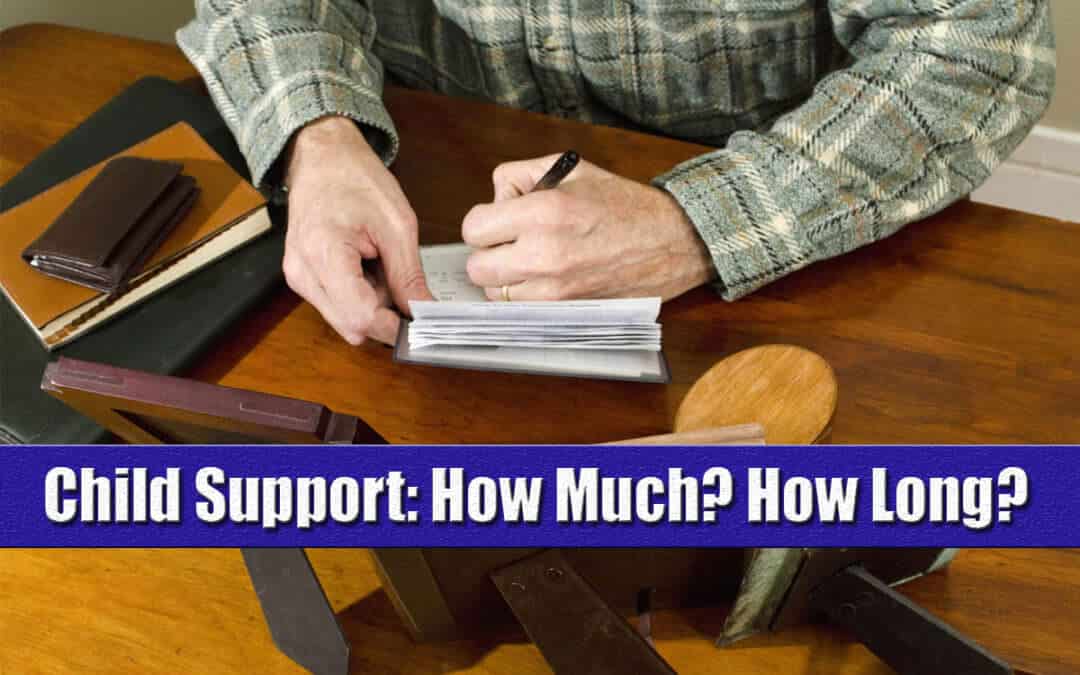
What Are Your Child Support Obligations on Long Island, NY
In last week’s post, I discussed the rising concern among fathers (and mothers) with establishing Paternity that I see as an experienced Long Island Family Law Attorney and the legal issues involved. This week we’ll discuss the rights and responsibilities that come...Experienced Family Law Attorney in, Long Island, Nassau, Suffolk, NY
HOME ABOUT US OUR FIRM FIRM YOUR LEGAL TEAM ATTORNEYS YOUR ATTORNEYS ROBERT E HORNBERGER CHRISTINE M VERBITSKY ANNEMARIE LANNI LAWRENCE M. MARINO BRENDA LYNCH (Of Counsel) PRACTICE AREAS AREAS OF EXPERTISE What’s Involved In Divorce DIVORCE DIVORCE COLLABORATIVE...
Long Island Family Law Attorney Explains Benefits of Fighting for Father’s Rights
As an experienced Long Island Family Law Attorney I have seen how Father’s rights have become a prominent social issue on Long Island. It is a well-known and often quoted fact that children typically benefit from a relationship with their biological fathers; however,...Robert E. Hornberger, Esq., PC, Long Island Divorce Attorney
HOME ABOUT US OUR FIRM FIRM YOUR LEGAL TEAM ATTORNEYS YOUR ATTORNEYS ROBERT E HORNBERGER CHRISTINE M VERBITSKY ANNEMARIE LANNI LAWRENCE M. MARINO BRENDA LYNCH (Of Counsel) PRACTICE AREAS AREAS OF EXPERTISE What’s Involved In Divorce DIVORCE DIVORCE COLLABORATIVE...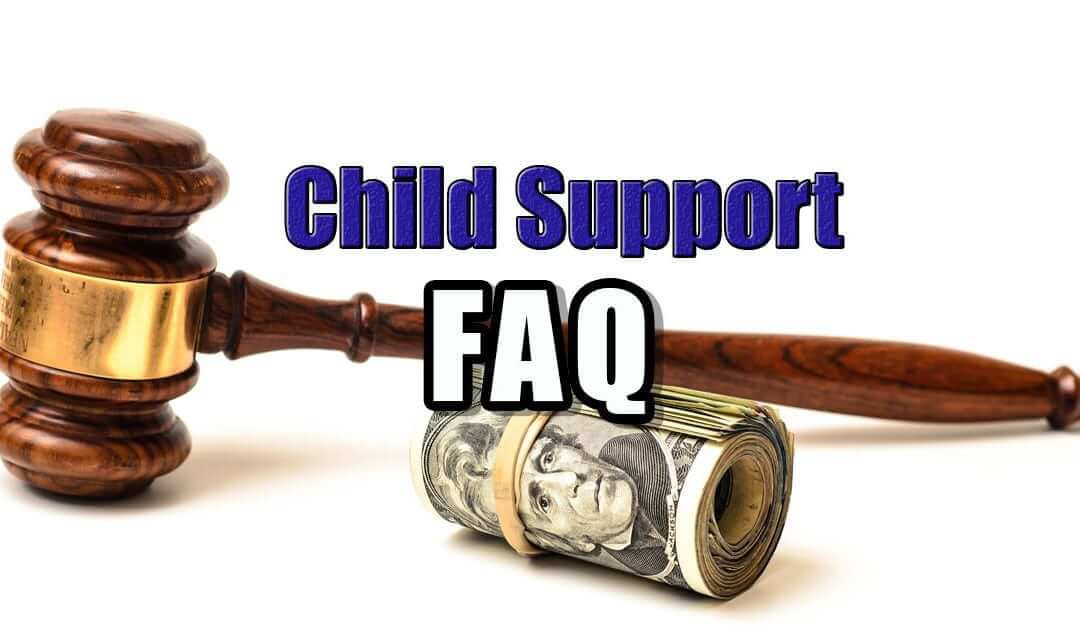
Long Island Child Support Lawyer Answers Frequently Asked Questions
Who Must Pay Child Support on Long Island?
On Long Island, both parents have a legal responsibility to financially support their child. The parent with whom the child lives is known as the “custodial parent”. The parent who does not live with the child is known as a “non-custodial parent”. A non-custodial parent must provide financial assistance for the support of his or her child even though he or she does not live with the child. This is true even in cases where a child spends equal time with both parents. In such cases, if the non-custodial parent is the higher earning parent, he or she may have an obligation to pay child support to the custodial parent for the care of the child.
How is the Amount of Child Support Determined?
Long Island courts are governed by New York state law, which uses a formula to determine the child support obligation. That formula is generally as follows:
- 17% of the parent’s gross income for 1 child
- 25% of the parent’s gross income for 2 children
- 29% of the parent’s gross income for 3 children
- 31% of the parent’s gross income for 4 children
- 35% or more of the parent’s gross income for 5 children
Some non-custodial parents are also responsible for covering a certain percentage of medical, educational, and child care expenses. This percentage will be determined based upon the income of the non-custodial parent. Usually these costs are split up proportionally based upon how much each parent earns.
What If I Have Other Children & Cannot Afford This?
In some circumstances, where a non-custodial parent has to pay child support to two or more different custodial parents as a result of having children in two or more other relationships, that non-custodial parent may be able to argue that he or she cannot afford to pay the set percentage in these circumstances. For example, if a man fathers two children, each by different mothers, he would have to pay 17% of his income to one custodial parent for one child, and 17% of his income to the other custodial parent for the other child. The father may be able to successfully argue that he cannot afford the burden of paying out this much, and the court may modify the formula.
Similarly, where a father is raising children in his own home and paying child support for a child who does not live with him, he may be able to successfully argue that he cannot care for the child in his custody because of his child support obligations to his other child.
When Does the Child Support Obligation Begin?
The obligation to pay court-ordered child support begins when the custodial parent files a petition in court.
Can I Modify a Child Support Order?
A child support order can be modified only if there is a significant change in circumstances. A significant change in circumstances usually means a large increase or a large decrease in income.
Can I Modify the Amount of Child Support Arrears I Owe?
In New York State, the amount of overdue child support cannot be modified. If you anticipate that you will fall behind on payments, it is best to speak to a lawyer on how to get a modification before that happens.
What About Cases Where Paternity Has Not Been Established?
In order for the child support obligation to take hold, there must be a legal parental relationship established between the parent and child. A father has a legal parental relationship with the child when paternity has been established. This can happen in several ways: the father signs an acknowledgment of paternity, the father is married to the child’s mother at the time the child is born, or a court issues an order after genetic testing has shown the individual is the father.
What if a Parent Gets Remarried?
The remarriage of a parent does not change the child support obligation of the legal parent to that child. In cases where there is a termination of parental rights leading up to step-parent adoption, however, there is a change in the legal child support obligations.
What if the Custodial Parent Refuses to Allow Me to Visit With My Child?
Visitation and child support are separate issues, and a custodial parent cannot violate a court’s order to allow visitation. It is best to seek recourse in the court, such as by having a visitation order enforced or simply by asking the court for a visitation order if you do not have one.
If the Non-Custodial Parent Refuses to Pay Child Support, Can I Prevent Him or Her from Seeing My Child?
As stated above, New York State treats visitation and child support as separate issues. If you are not getting the child support that is owed to you, you should seek the advice of an experienced Long Island child support lawyer or family law attorney to go through your options.
Contact an Experienced Long Island Child Support Lawyer or Family Law Attorney for a Free Consultation
If you have questions about your child support arrangement, you should speak to an experienced Long Island Child Support lawyer or Family Law attorney who can explain to you your rights and responsibilities. Our attorneys are experienced in all aspects of family law in New York State, and have helped many Long Island clients with their child support concerns. Contact us today at 631-923-1910 for a free consultation.
Check out our Divorce Guide for Dads for more information about divorce issues specifically related to fathers.
Download our Free New York Divorce Guide
Our 41-page “Guide to New York Divorce: What You Need to Know Before Hiring a Divorce Lawyer in New York” written by an experienced family law lawyer, Long Island’s Robert E. Hornberger, Esq., provides you with real information on the divorce process and the laws it rests upon in the state of New York. This book will help give you a solid foundation upon which you can begin the process of making your family’s, life better. Download your Free Guide to New York Divorce here.
